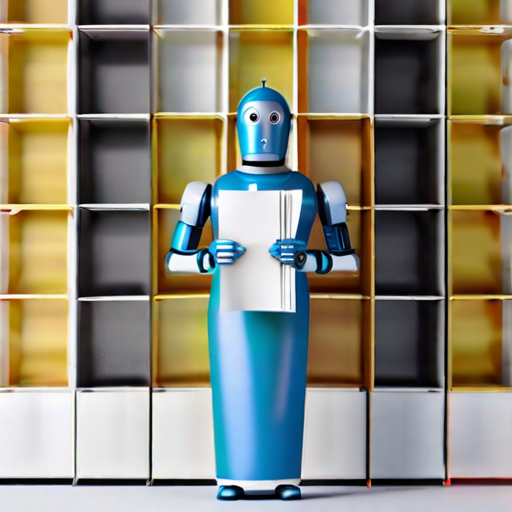Blog and News
Expert Blogs on Recruitment

Recently, discussions have revolved around how artificial intelligence (AI) is making recruitment easier for both job seekers and employers, as seen, for example, in LinkedIn conversations. While this may seem true from the perspective of an individual or a single company, I aim to elucidate here how, contrary to expectations, AI could actually make recruitment a tad more burdensome due to the influx of information. I emphasize at this stage that despite all technological advancements, the human interface remains pivotal in recruitment.
I came across a story about a skilled job seeker who employed AI to hunt for jobs on their behalf. The number of applications sent out was staggering, somewhere around 10,000 or an equivalent figure. Eventually, they secured employment this way. Similarly, corporate recruitment departments have diligently embraced AI to streamline and personalize the recruitment process.
The latest wave of AI development has led to its immediate accessibility even for ordinary individuals through generative writing tools. Prompts like "Craft me a compelling cover letter for this job position" are already commonplace among job seekers. But where does this lead us, and what can we expect? Let's structure the world a bit through game theory, contemplating how this "free" communication, akin to cheap talk, affects the recruitment process. Here, I divide job seekers' skills into two factors: job search skills and job performance skills.
Let's start with person A, who decides to employ AI (like the individual mentioned earlier). Imagine there are, say, 10,000 job openings based on certain criteria, and AI handles personalized cover letters and application form completions. With minimal effort, they're likely to progress to the next round in some recruitment processes because AI handled the tasks. Person B, on the other hand, traditionally researches and carefully crafts relevant application texts themselves. Now, person B faces significantly more competition to advance to the next round in similar recruitment processes, simply because suddenly there are many more applicants like A. To optimize workload and hit probability, person B should also start using AI, just like person A did.
What does this look like from the perspective of recruiting companies? In short: a massive influx of applications. As we've read, many companies have introduced their own AI tools in recruitment to ease their workload and provide better personalized service to applicants. However, when companies now receive a massive number of relevant applications, the actual goal of identifying the real job skills (or whatever the criteria may be) of the suitable candidate may not necessarily be simplified in the jungle of more or less generic applications. On the contrary, an additional step in the recruitment process may now be required. We've recently read how even getting a summer job at a movie theater might require multiple steps in the recruitment process.
As a result, AI's automatic operation generates the same amount of work for job seekers (the application submission step is eliminated, but another step is added), but more for recruiting companies (the first step remains, and another is added). As presented, although it may be advisable for an individual to use AI, the overall situation leads to a suboptimal outcome from a holistic perspective compared to the situation before the widespread use of AI.
But what if a company decides not to accept applications made with AI to avoid additional steps? For example, only handwritten cover letters are accepted, or applicants must come in person to shake hands firmly, as in the good old days? If – as speculated above – "everyone" applies for jobs using AI, few may be willing to participate in such a recruitment process. It could even be argued that this offering isn't at the top of the recruiting company's wish list. This could negatively impact the company's success.
Since AI has now become part of recruitment processes on both the job seeker and employer sides, it's unlikely to disappear from this activity anytime soon. And although it may not reduce the total amount of work due to increased information influx, it's very possible that AI will lead to better "matches" in the future – and perhaps spontaneously bring about new ways to rearrange the entire recruitment world. So far, we've only discussed job seeker -> employer type recruitment. Perhaps in the future, we'll all have our own AI bots on LinkedIn engaging in conversations with companies' AI headhunters.
The author is an entrepreneur in the recruitment industry, holds a Licentiate's degree in Business Administration, and writes for a recruitment and game theory blog, having helped numerous companies also in recruitment process planning.
Some AI assistance was used in writing this piece.
Julkaistu 11.04.2024
The bliss of artificial intelligence has been praised by both recruiters and applicants. In reality, it just creates more work.
When talking about responsible recruitment, the main focus is on treating candidates fairly. We take responsible recruitment further by addressing the entire value chain.
We humans have various psychological biases, and it's important to recognize them in recruitment.
A downturn in the economy provides opportunities for a strategically minded company.